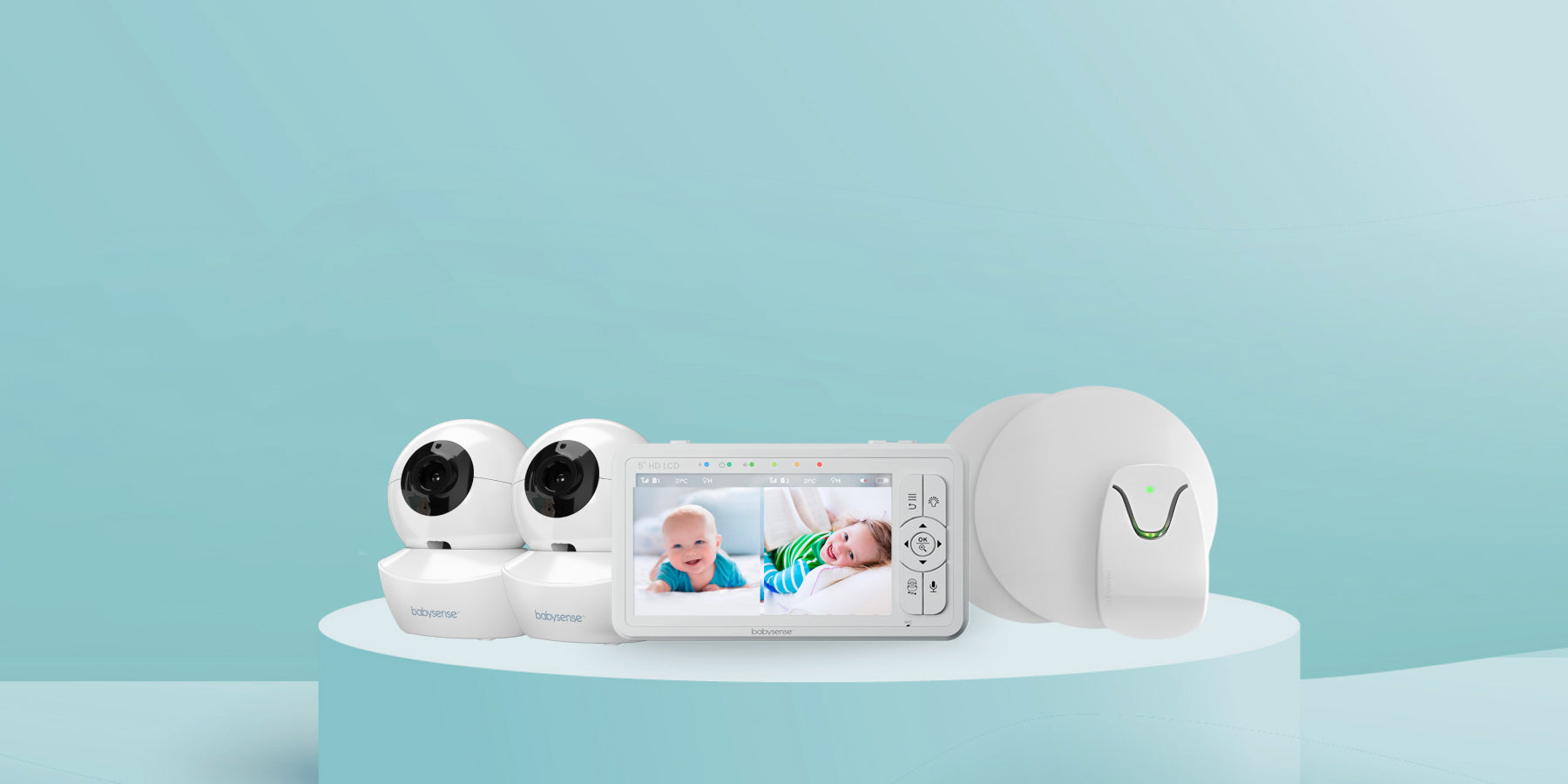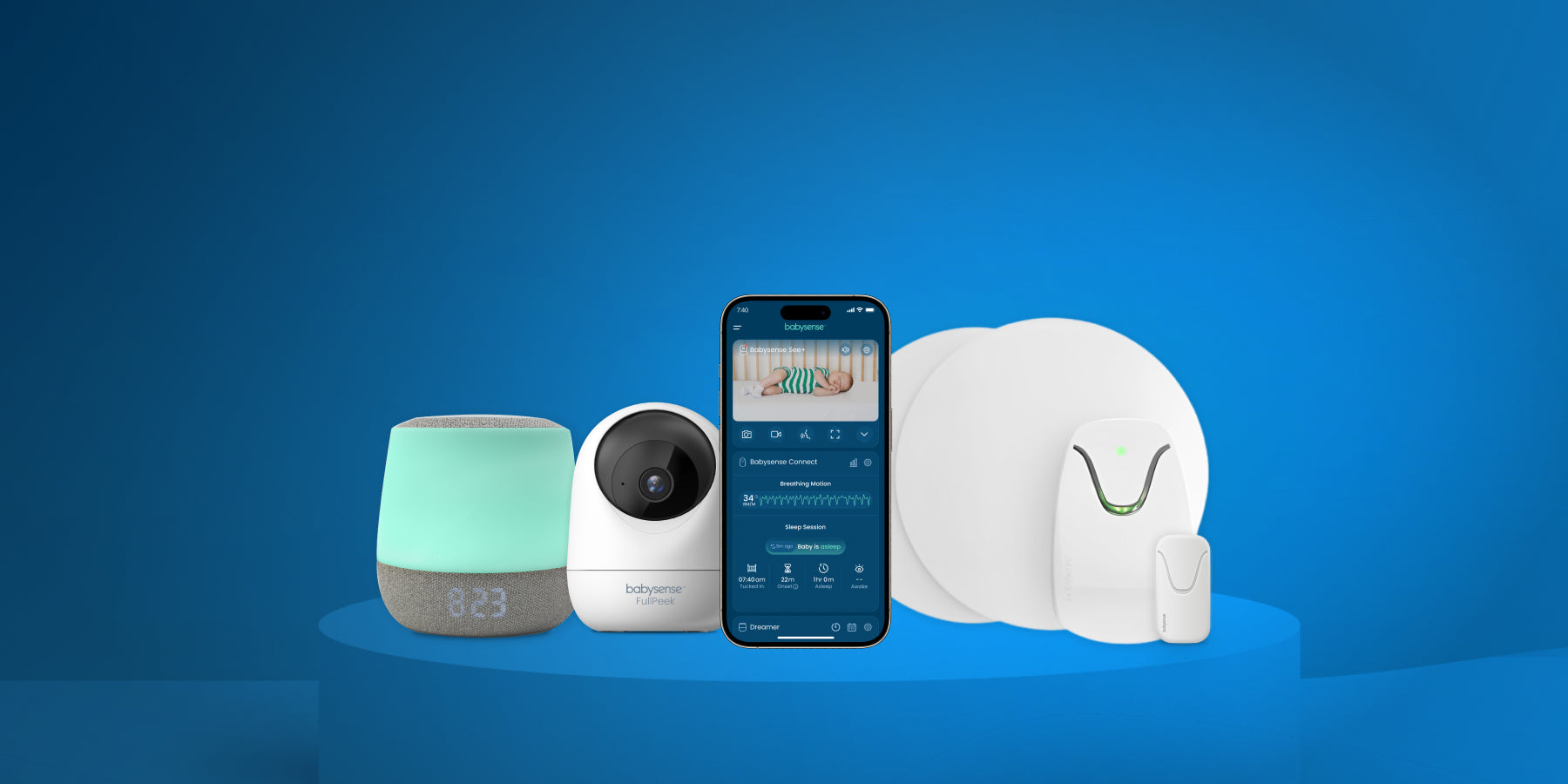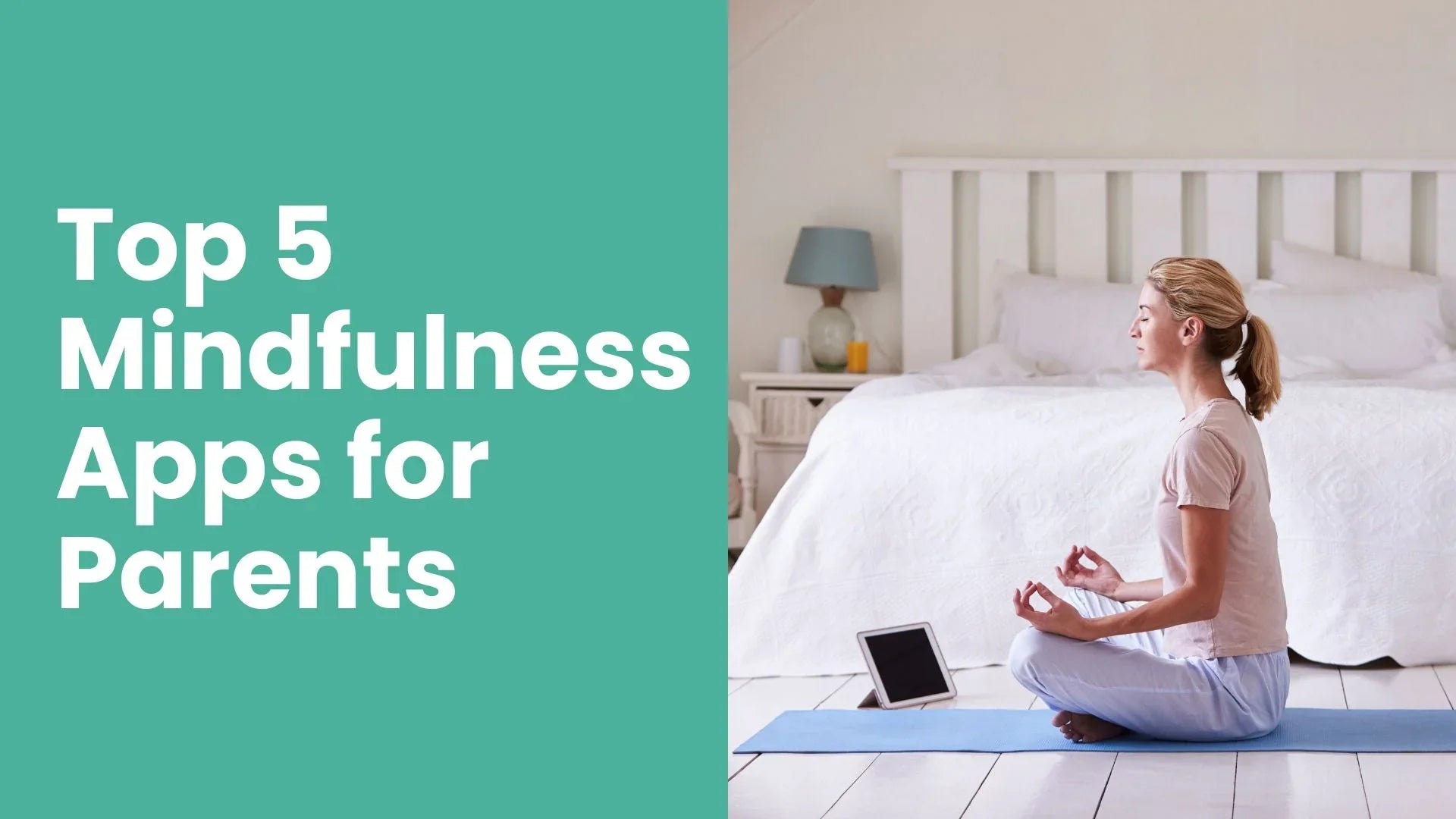Quick take: Parenting with ADHD can feel disorganized and exhausting. With diagnosis, simple routines, and the right tools, families can reduce chaos, improve consistency, and support healthier child outcomes.

Parenting with ADHD brings unique challenges like inattention, impulsivity, and disorganization. These can lead to inconsistent discipline and a chaotic home that affects kids. This guide explains the impact and shares practical, evidence informed steps families can use today.
The Impact of Parental ADHD
Key challenges
- Inconsistent discipline and structure. Symptoms can disrupt routines and follow through, which fuels household chaos.
- Parental involvement. One parent may withdraw or struggle to manage strong emotions at home.
- Child outcomes. Kids may show more behavior issues and gain less from standard ADHD care if a parent’s ADHD goes untreated. See the overview from the Child Mind Institute.
- Household stress. Elevated stress strains relationships and makes treatment plans hard to follow.
Research snapshots: parental ADHD links to home chaos and less effective parenting, and treating parent ADHD can improve family outcomes. See studies in Parenting: Science and Practice and a review in Clinical Child and Family Psychology Review.
Strategies for Managing Parenting Responsibilities with ADHD
1. Seek Diagnosis and Treatment
- Get evaluated. A formal assessment starts the path to tailored support.
- Treatment options. Medication and cognitive behavioral therapy can boost attention, self control, and organization.
- Why it matters. Managing your ADHD makes it easier to keep schedules, attend appointments, and support your child. See guidance for adults at CHADD and ADDA.
2. Establish Structure and Routine
- Create consistent schedules. Set regular times for meals, play, homework, and bedtime.
- Visual aids. Use wall calendars and visual routines. See our review of the Skylight Calendar and try a flexible routine approach that still adds predictability.
3. Use Organizational Tools and Reminders
- External aids. Family calendars, shared to do lists, and medication reminders help keep tasks visible.
- Checklists and alarms. Color coded charts and timed prompts reduce missed steps. See time saving hacks that pair well with ADHD supports.
4. Leverage Support and Share Responsibilities
- Delegate tasks. Trade chores with a partner or trusted adult based on strengths.
- Join support groups. Connect with other parents for tips and accountability. Start with CHADD parent resources.
5. Practice Self Compassion and Stress Management
- Mindfulness and self care. Sleep, movement, and small wins matter.
- Stress reducers. Try simple breathwork or a short grounding routine. Explore mindfulness apps for parents.
6. Work With Your Child, Not Against Them
- Collaborative strategies. Co create rules and organize spaces together.
- Positive reinforcement. Use clear praise and consistent consequences to guide behavior. For teens, see AAP tips on effective parenting with ADHD.
Tools, Interventions, and Resources for ADHD Parents
Adult ADHD Treatment
- Medication and therapy. Combining stimulants or non stimulants with CBT or ADHD coaching supports daily function.
- Holistic approach. Treating the parent is essential because child focused plans alone may not fix home routines.
Parent Skills Training Programs
- Behavioral parent training. Programs that teach positive reinforcement and consistent discipline can reduce stress and behavior issues.
- Tailored options. Look for courses designed for ADHD parents, such as CHADD’s Parent to Parent program. Learn more.
Practical Tools and Technology Aids
- Specialized planners. Choose wall calendars and planners with large blocks and visual cues.
- Smartphone apps. Use reminders, time blocking, and habit trackers.
- Reward systems. Token charts and digital rewards keep reinforcement consistent.
Support Networks and Professional Resources
- Community groups. Join local or online ADHD groups to exchange strategies.
- Professional guidance. Work with therapists experienced in adult ADHD and family systems.
- Trusted organizations. Explore Child Mind Institute, Understood, CHADD, and ADDA.
Related reading on our site: Lighthouse Parenting Guide and Montessori Parenting at Home.
Age Specific Recommendations
Infants 0 to 12 Months
- Routine and rest. Use a simple daily flow for feeds, naps, and bedtime. Try our newborn sleep schedule guide.
- Safety first. Use checklists and alarms for essentials like buckles and safe sleep setup.
- Mental health check ins. Watch for postpartum mood changes and seek support early.
Toddlers 1 to 3 Years
- Childproofing. Use gates, locks, and safe zones to buffer brief attention lapses.
- Consistent routines. Keep predictable mealtimes, naps, and bedtimes with simple cleanup rituals.
- Calm discipline. Respond quickly and calmly to tantrums with clear rules and follow through.
School Age 4 to 12 Years
- Organizational systems. Designate supply stations and use visual schedules for homework and activities.
- Homework support. Create a quiet work area and model focus by co working nearby.
- Connection time. Daily one on one check ins help spot issues early.
Teens 13 to 18 Years
- Clear communication. Write expectations and rules to avoid confusion.
- Role modeling. Show how you use calendars and reminders.
- Gradual responsibility. Transfer tasks with shared digital calendars and light oversight.
- Open dialogue. Keep respectful conversations about risk, independence, and choices.
FAQs
Does treating my ADHD really help my child?
Yes. Studies link treated parent ADHD with better home routines and improved child outcomes. Start with your clinician and resources from CHADD.
What routine should I start with if I feel overwhelmed?
Pick one anchor routine, like bedtime. Write three steps, post them where you see them, and set a phone reminder. Add one step per week as it sticks.
Which tools help most for ADHD parents?
Large wall calendars, shared digital calendars, visual checklists, and simple timers. See our Skylight Calendar review and time saving hacks.
Where can I learn parenting techniques that fit ADHD?
Behavioral parent training programs and CHADD’s Parent to Parent course are a great fit. Read an overview at MoreToADHD.





